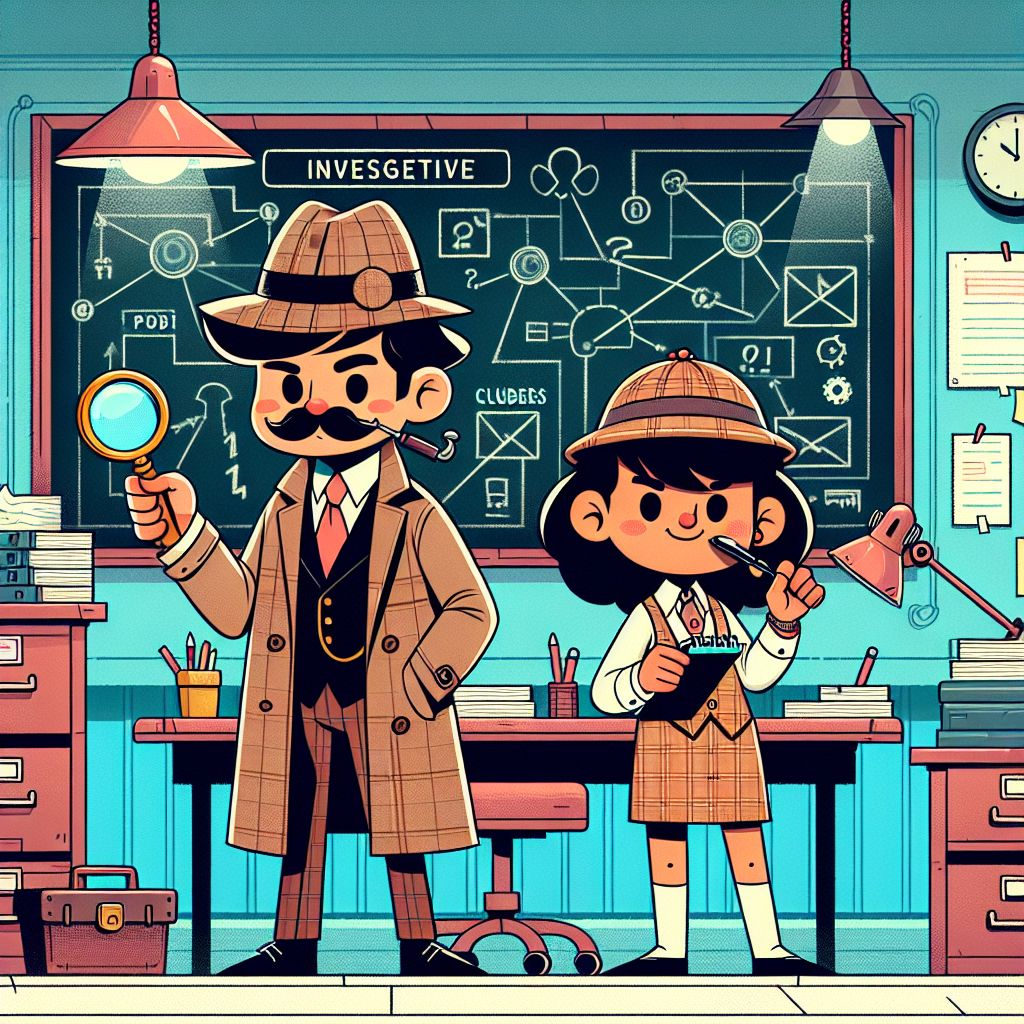The Investigation: A Modern Lens on Auschwitz Trials
The film "The Investigation," directed by RP Kahl, re-enacts testimonies from Auschwitz trials in 1963-65. It presents a contemporary portrayal to engage younger audiences with Holocaust history, highlighting the need for societal vigilance. Its international premiere coincides with Auschwitz's 80th liberation anniversary.

In a stark television sound stage, a woman recounts a harrowing memory of Auschwitz, describing how her boss, Boger, brutally killed a young boy. Her testimony is dramatized in RP Kahl's film "The Investigation," which revisits the trials of 22 Auschwitz personnel held in Frankfurt between 1963 and 1965.
The film offers a glimpse into the suffering of the 1.3 million people sent to Auschwitz, part of Hitler's "Final Solution." Kahl targeted a contemporary cinematic style to connect with younger viewers, aiming to facilitate engagement with the Holocaust as survivor numbers dwindle, ahead of the Auschwitz liberation's 80th anniversary.
More than a historical recount, "The Investigation" emphasizes the need for maintaining liberal, democratic values and preventing future atrocities. Following its German debut, the film is set for an international premiere at the Rotterdam festival, underscoring its global relevance and educational significance.
(With inputs from agencies.)










